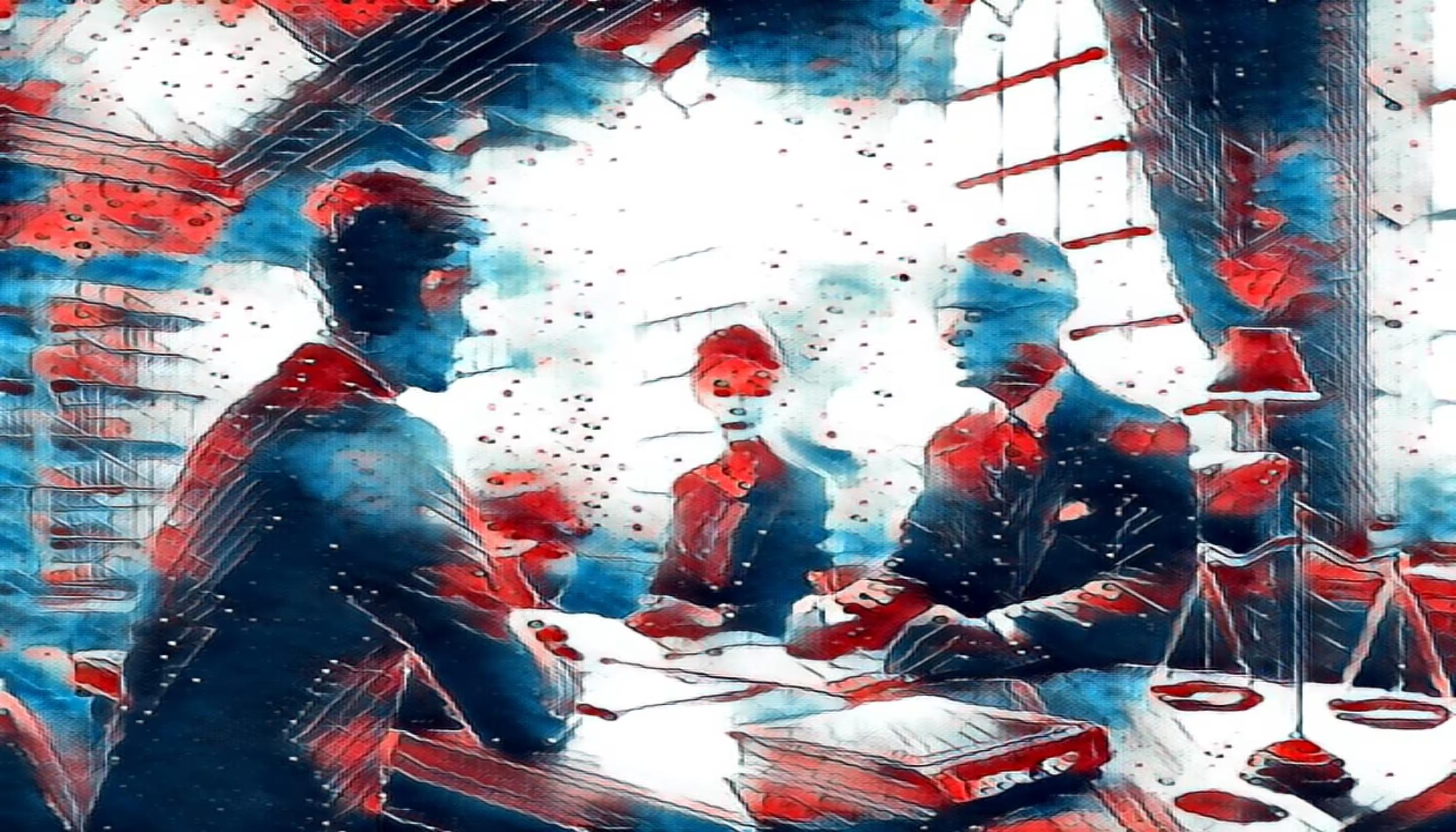Types Of Personal Injury Claims
Car Accidents
Car accidents are one of the most common causes of personal injuries. These incidents can happen anywhere and are often caused by another driver's negligence. Accidents can take various forms, such as rear-end collisions, head-on collisions, and pile-ups involving commercial trucks, multiple cars, other vehicles, and pedestrians.
Auto accidents can cause long-term injuries to the spinal cord and brain, as well as broken bones, and sadly, can also result in fatalities. If you've been injured in a car accident, you likely have a personal injury claim.
Medical Malpractice
Medical malpractice occurs when healthcare professionals fail to provide the expected level of care, resulting in patient injury or death. Negligence can take various forms, such as surgical errors, birth injuries, misdiagnosis, medication errors, or unnecessary procedures.
Healthcare providers must meet the expected level of care expected in their field. If a healthcare provider's mistake breaches this standard of care and causes harm, the affected individual may have grounds for legal action.
Workers' Compensation
Workers' compensation covers many work-related accidents, particularly when an employer fails to maintain a safe working environment. However, in certain situations, a workplace injury results from negligence by a third party, and in such cases, a personal injury claim must be made.
Inadequately maintained construction sites can lead to employee injuries, and faulty products could also cause injuries for which a third party is responsible.
Product Liability
Claims for defective products can arise from a manufacturing or design error that caused injury or failure to provide proper safety instructions. Depending on the product, the resulting injuries can be very severe.
Typically, these claims are brought against the product's manufacturer or distributor since they are responsible for creating safe and non-defective products.
Slip & Fall Accidents
Slip-and-fall accidents, though they may sound less severe, can lead to devastating injuries. These accidents could be caused by uneven ground, improper lighting, lack of railings, slippery floors, broken stairwells, or other dangerous conditions. Such accidents might happen at apartments, restaurants, hotels, pools, or any property where you were legally present.
Building owners or managers are responsible for maintaining public property. If they fail to do so, you could be injured. You can hold the owners liable if they fail to take precautions to prevent it.
Dog Bites
Dog owners are strictly liable for injuries caused by their fur friends, regardless of whether they were aware of the dog's viciousness. Although some dog bites may not result in severe personal injury cases, many can lead to significant physical and emotional harm after a dog or animal attack.
Things To Consider Before Filing A Claim
Statute Of Limitations
When filing a lawsuit, it's essential to remember that you generally need to take action within two years from the date of the injury. Please note that there are specific rules for suing the government, with shorter time limits. It's crucial to ensure that you comply with the correct timeframe. If you are being sued and the other party has waited too long to take action, you can ask the judge to dismiss the case.
Finding The Responsible Party
When someone files a lawsuit for an injury, they may sue everyone responsible. For instance, the at-fault driver and the car owner (if they are different individuals) may be sued in a car accident. If the driver worked during the accident, their employer could also be sued. Similarly, in the case of an accident at a store, the store owner and the company that owns the building may be sued if they are different entities.
Insurance Eligibility
If you have insurance, it's a good idea to research your insurance company first and determine what they require you to do. Your insurance may cover all or some of your costs, so you may not need to file a lawsuit.
If someone accuses you of injuring them, check if your insurance policy covers any damages. Your insurance contract may even require you to report the incident. If your insurance company pays, you won't be sued.
Do not contact your insurance company directly - let the professionals handle it.
Causes Of Action
Before filing a lawsuit, it's crucial for a plaintiff to understand the concept of cause of action. This legal term refers to a recognized reason that allows an individual to seek compensation for injuries and harm, thereby granting the injured party the right to sue in court. For instance, negligence (careless behavior causing injury) and battery (intentionally causing injury) are two common causes of action.
The plaintiff must prove every element of the cause of action. The defendant needs to understand what the plaintiff needs to establish and how they can defend themselves.
Injuries & Damages Suffered
Consider the damages you have experienced and will be seeking compensation for. These might encompass straightforward costs such as medical expenses. Still, it could also become more complex if you've missed work, if the damage is ongoing, and you're still determining the full extent of it, or if it may impact your ability to work in the future.
The law acknowledges that emotional distress warrants compensation even if there is no specific bill for it, and it may be challenging to determine a monetary value for it.
Evidence
It's essential to gather and securely store evidence that supports your position. This evidence can include photos of the accident scene, pictures of vehicle damage and injuries, medical bills, doctor's reports, police reports, and witness statements. Doing so will not only strengthen your case but also provide you with a sense of preparedness and reassurance.
